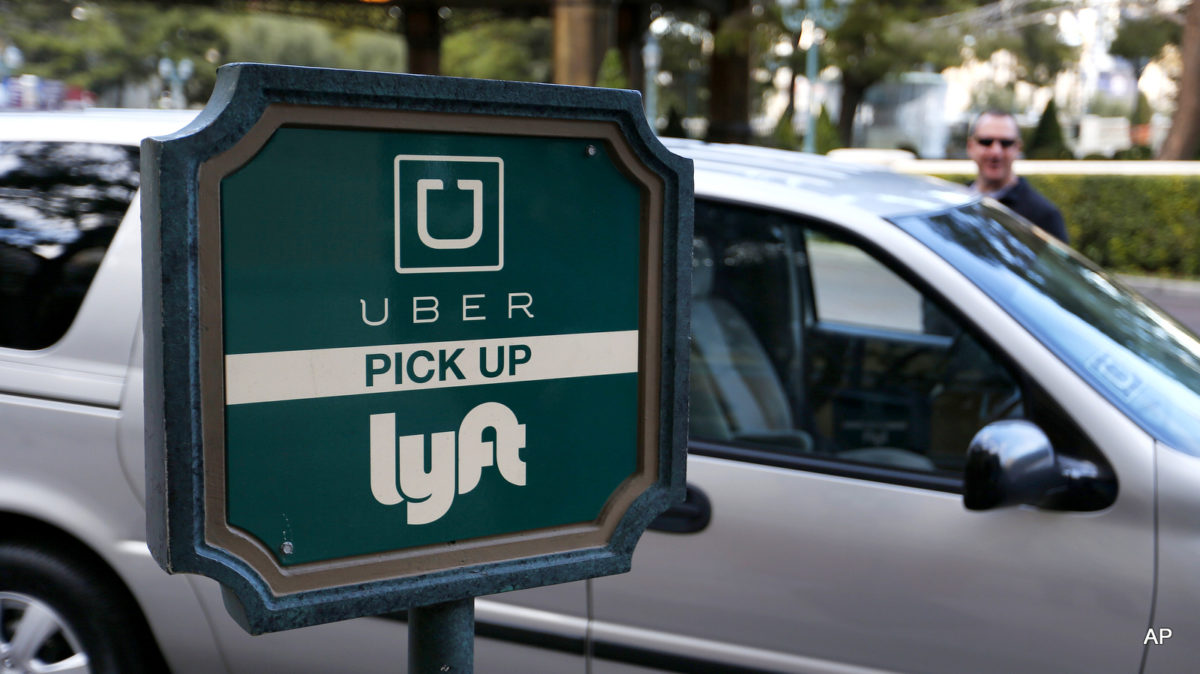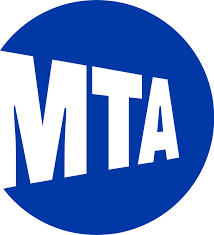SACRAMENTO, Calif.—Lyft, Uber, and DoorDash have gotten an initiative on the November state ballot that would redefine their taxi drivers and delivery workers as independent contractors instead of employees, California Secretary of State Alex Padilla announced July 1.

The Proposition 22 initiative would exempt app-based drivers from Assembly Bill 5, the state law enacted last fall that set narrow criteria for when a worker could be hired as an independent contractor. It would specify by fiat that drivers are independent contractors—and thus exempt from employees’ rights and protections such as minimum wage, overtime pay, unemployment compensation, workers compensation, and the right to form unions.
Instead, drivers would be paid at least 120% of the local minimum wage, based on a 14-day average, plus 30 cents a mile for expenses. If they work more than 25 hours a week, the companies would contribute $367 a month to help them buy health insurance. They would not be allowed to work for more than 12 hours in a 24-hour period. If drivers are injured during “engaged time”—when they have a fare in the car or have accepted one and are on the way to pick them up—the companies would provide up to $1 million in insurance for medical expenses, plus up to two years of disability payments covering 66% of their average income over the last four weeks they worked.
Proposition 22 “would preserve access to earning opportunities for struggling Californians needing to supplement lost income or jobs,” says Protect Drivers and Services, a front group financed by Lyft, Uber, and DoorDash. “AB 5 attempts to prohibit app-based drivers from working as independent contractors with control over their schedules, instead forcing Californians who want to keep driving to become employees with rigid schedules and set shifts. In doing so, this law would eliminate the flexibility and independence many drivers’ lives require—putting these services and earning opportunities at risk at the worst possible time.”
The companies’ argument boils down to “if you’re an employee, you don’t create your own schedule,” Oakland Lyft driver Alan Franklin, a member of We Drive Workers, responds, in a mock whine. “That’s a crock. Demand creates the schedule.”
Proposition 22, he says, reflects the gig-economy companies’ business model of trying to buy “loopholes in the law to exploit us drivers.”
Franklin, who has three daughters and six grandchildren, started driving for Uber and Lyft about three years ago. Before the COVID-19 epidemic hit, he says, he was working more than 60 hours a week, doing shifts of 12 to 15 hours, but would only be counted as “engaged” for about half of that. For example, if he got a fare to Tracy, about two hours from Oakland, he would not be engaged while driving back empty.
He estimates he grossed about $22-25 an hour, but only cleared about $15 after expenses such as gas, insurance, and maintenance. His pay shrank as the companies lowered fares while increasing their cut. For example, he says, he’d get only $35 of the $85 fare to take four passengers from San Francisco Airport to the Silicon Valley city of Palo Alto, 15-20 minutes away.
“A year ago I made the same money working 40 hours that I now make in 60,” he says.
“It was COVID-19 that opened up the Pandora’s box,” he continues. More than 50,000 California app-based drivers applied for unemployment benefits when the epidemic shut down the state’s economy, but were denied regular state benefits because the companies continued to define them as independent contractors.
A study released in early May by the University of California at Berkeley’s Center for Labor Research and Education estimated that Uber and Lyft had evaded paying more than $400 million into California’s Unemployment Insurance Fund by misclassifying their drivers as independent contractors.
It’s impossible to maintain social distancing in an enclosed car, notes We Drive Workers spokesperson Matt Lopez. And as independent contractors, if drivers want personal protective equipment or to put a plastic shield between their seat and the passengers, as is usual in New York City yellow cabs, they have to buy it themselves.
“Drivers can’t go out and spent a thousand bucks on a piece of Plexiglas and having it installed,” Franklin says.
He finds it ironic that Lyft, Uber, and DoorDash, together with the Postmates and Instacart delivery services, have so far spent more than $110 million on the Proposition 22 campaign. They collected more than 1 million petition signatures, well over the about 625,000 needed to qualify it for the ballot.
“Why can’t some of that be turned over to drivers?” he asks. “The business needs to respect the dignity and state-law-provided rights of their drivers.”
“During the pandemic, my income has dropped even as my job has become more dangerous, but I can’t rely on the same protections other California workers have because Uber and Lyft refuse to follow California law,” Los Angeles Lyft driver Jerome Gage, a member of the Mobile Workers Alliance, said in a statement. “Especially at a time like this, Californians should vote against Uber and Lyft’s selfish attempt to buy themselves a permanent loophole in the law.”

